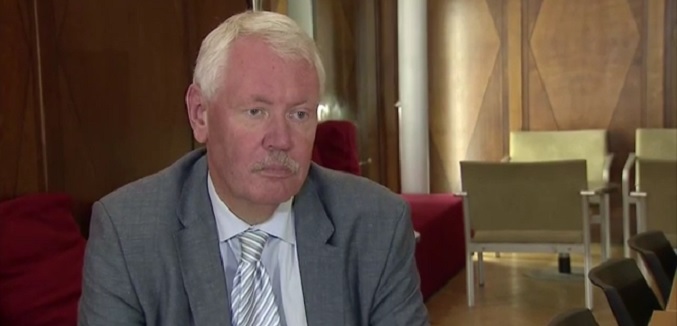The Wall Street Journal this week noted that few programs funded by the European Union are marked by as much controversy as “EU assistance to the Palestinian Authority,” with the bloc having provided more than five and a half billion Euros to the Palestinians since the peace process began in the mid 1990s.
EU assistance has long been the target of a string of claims and counter-claims. There have been accusations of large-scale waste, suggestions that funding is used to pay terrorists and complaints about serious corruption preventing the funds reaching ordinary Palestinians. The issue is even more heated now after the EU executive imposed strict rules on research funds provided to Israeli organizations to stop any of the funding flowing to any Israeli organizations with activities in the occupied territories.
The hardest-hitting complaint concerns the use of EU funds to pay PA employees in Gaza, a significant number of whom may not be working, the report said. The PA was effectively kicked out of Gaza after Hamas, listed as a terrorist organization by the EU, took control in 2007. The EU continues paying wages to PA authorities there.
Evaluation of EU’s Pegase plan, according to an audit released this week, indicated that “a number of aspects of the current approach are increasingly in need of overhaul.” The Times of Israel late on Thursday conveyed frustration from EU officials.
“When people who do not work are being paid, this goes against the agreement with Pegase,” noted Hans Gustaf Wessberg, the Swedish head of the auditors’ team, referring to the European Direct Financial support scheme for Palestinian salaries. “The resources spent there [in Gaza] are better spent elsewhere.”
The robustness of Palestinian economic institutions has been a central pivot point in debates over whether a sustainable Palestinian state is achievable in the short or medium terms. Analysts have expressed doubts over whether an independent state could sustain itself in the absence of international funding, and regarding whether international donors would be willing to continue funding such an entity in the absence of checks on among other things corruption.
[Photo: EUAuditorsECA / YouTube ]




